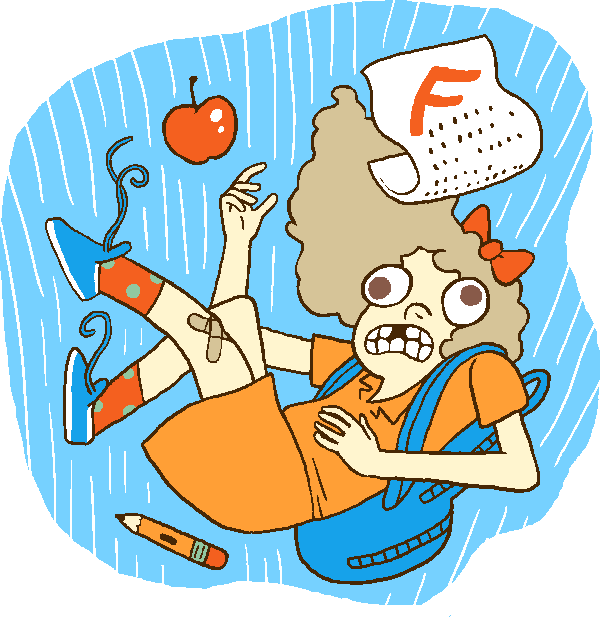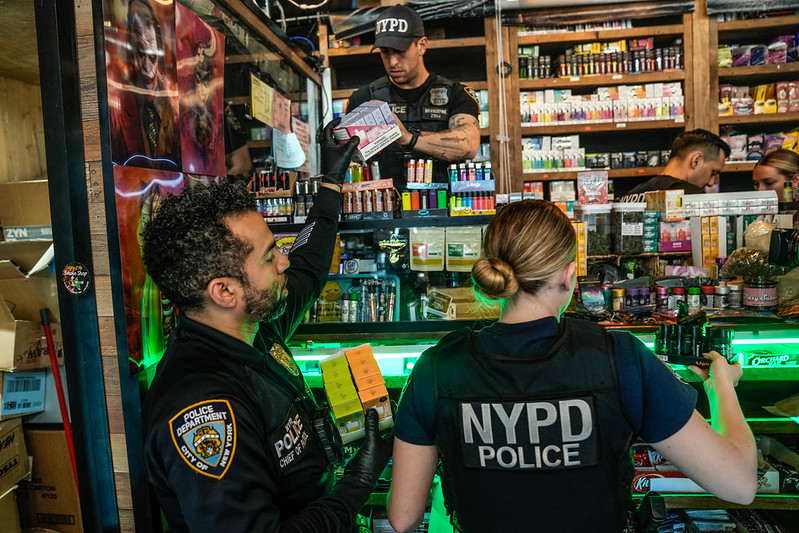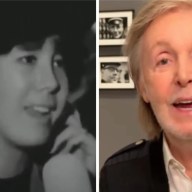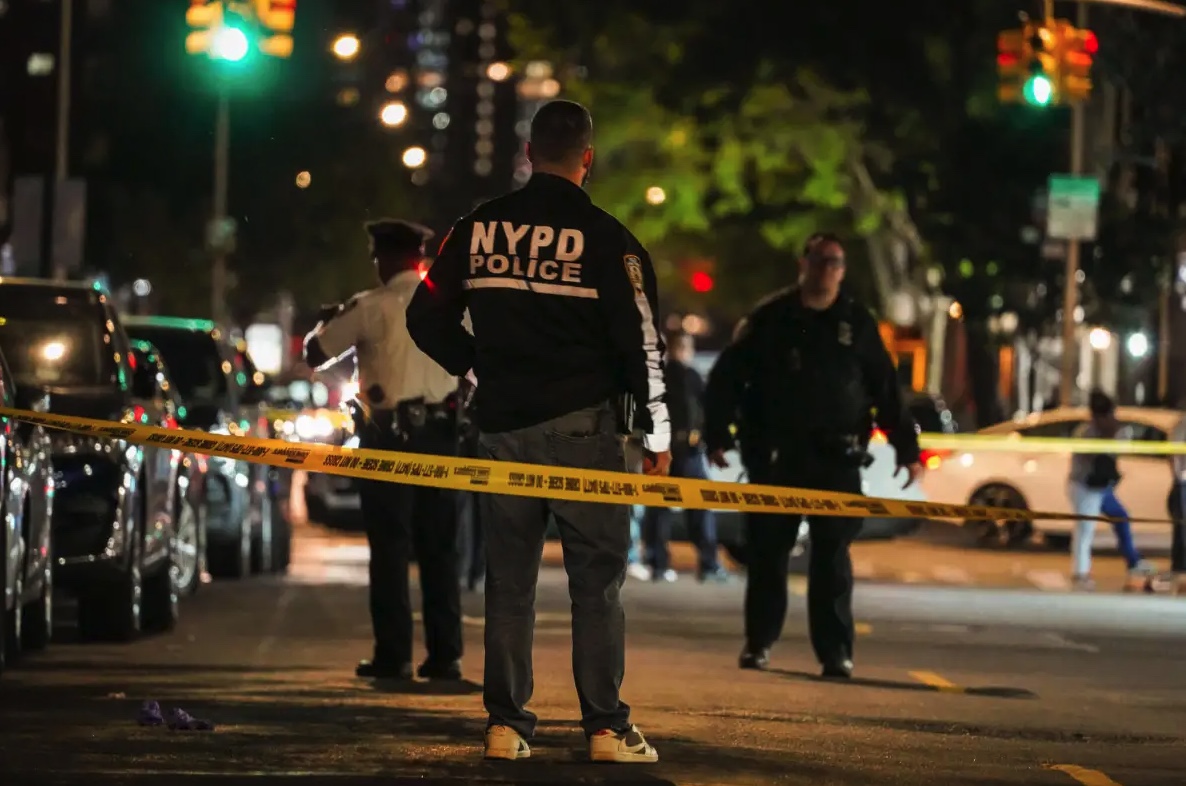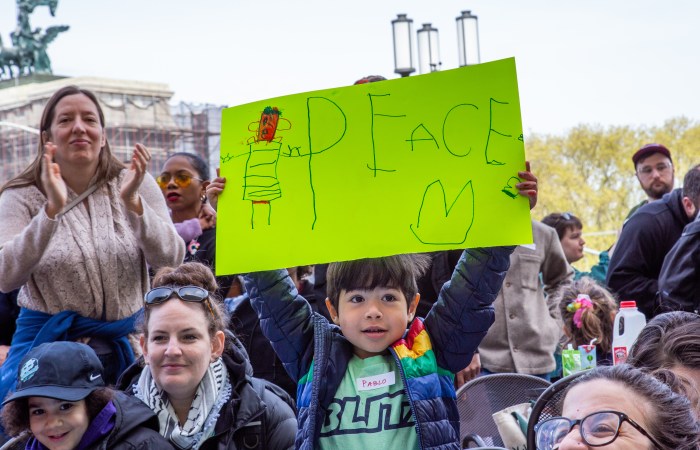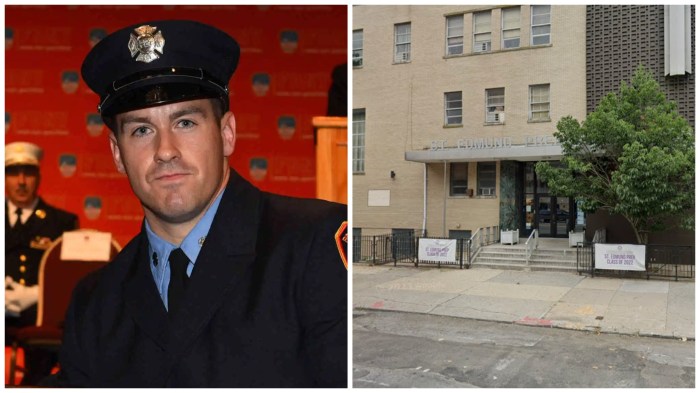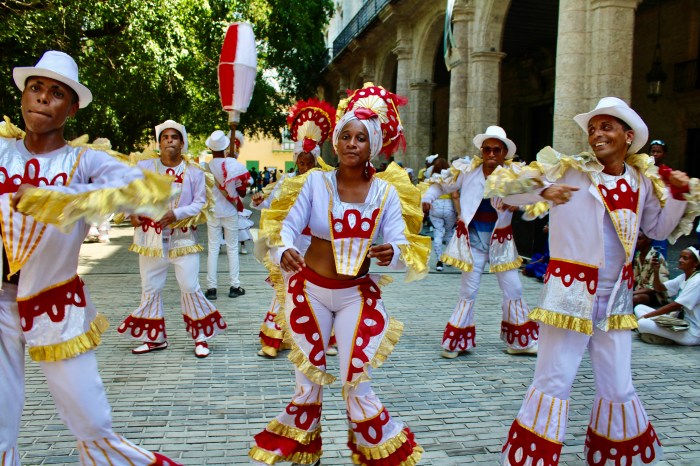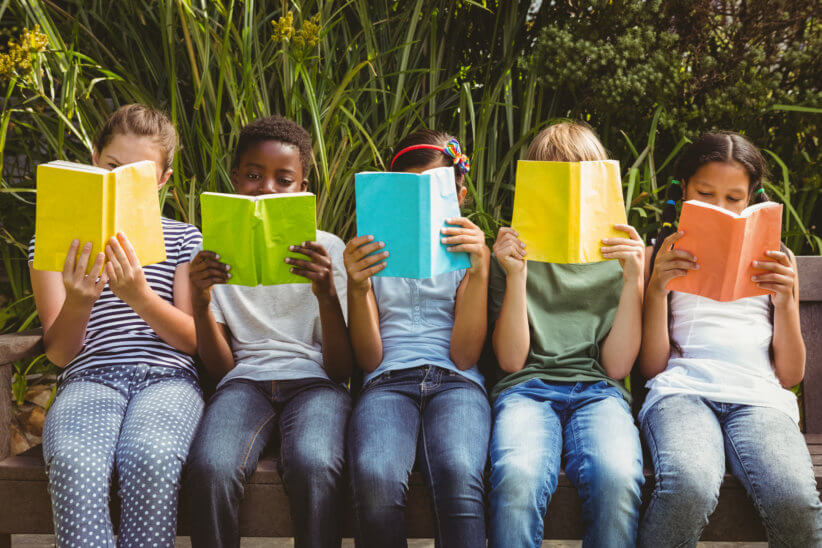Devastation is hard to hide from your kids. And, frankly, lately, I can’t even begin to try.
My boys are teenagers now, 14 and 16, and they are learning — for better and for worse — that everything isn’t always hunky-dory. (For those who don’t know, “hunky-dory” is the saying I grew up with that means everything is just fine.) But sometimes things are really difficult and heartbreaking — and pretending they’re not is not my style.
I’ve been to far too many memorials lately of people I cared deeply about. The last, for an artist and close friend whose death I learned about from a headline, literally floored me. I was brought to my knees on the sidewalk when I saw it. He was killed by a train. He was on the tracks. It did not appear to be an accident.
I have gone back and forth whether to write about this subject, for the death of Alex Gardega is a tragedy of epic proportions, and it follows on the heels of so many others. It is hard to know how to go on when floods and fires abound; when wars and violence rage in too many places; when cancer robs children of parents; when a brilliant, beautiful man chooses to end his life.
When my son Eli stood over me as the sobs wracked my body, as the pain of loss seemed too hard for my heart and mind to bear, some part of me said, “Don’t.” And, yet, I went on. The tears would not stop, and the gut-wrenching sobs continued despite “better” judgment.
Alex was a friend my family never met. He was a fellow human I crossed along life’s path, whose talents and ambitions plagued him in a way I viscerally understood. His childlike hope for a better world put him in great jeopardy. After all, sensitivity is very hard to handle. It’s as if the dentist left open that raw nerve instead of covering it up. Feeling everything is a blessing and a curse, a blessing in that you are a conduit for deep emotion, and a curse in that you are a conduit, for deep, deep emotion.
Eli hugged me, and said how sorry he was. He had broken down himself just the week before at the funeral of a close friend’s mom. Carol Perez was a woman he loved, and it was probably his first real loss. It was hard to listen to her eulogized, despite the comforts of humor.
Here we were again, or at least me. Loss, repeated.
We were supposed to go clothes shopping for him, and he told me it was fine, he could go alone, with his friend. I could feel the sorrow in my eyes as I looked at him and wiped away the tears.
“No, it’s fine. I’ll be fine. What else am I going to do?”
I pulled myself together, and drove to the mall. At Marshall’s, we looked for pants and a sweatshirt for him, and while he tried stuff on I sifted through the racks and racks of stuff for me, loading up a full cart of black pants and various grey hooded tops. I needed nothing and, yet, somehow, life needed to continue, all the little bits of it that suddenly seemed useless and unimportant. Something soft and cozy, some flare-bottom pants. Maybe these things could bring joy back.
As if.
We went to the shoe store and I spotted two pairs of boots I could see myself in, one for walking the dog and the other for nights out.
“Those are you,” a stranger said, pointing as I tried the night-out pair, grey and black and full of buckles and straps and zippers. I laughed. I must be easy to read if a stranger seemed to know me, I thought, and then the smile slipped from my face.
Seven years back, Alex had read me like a book on a bar stool at a restaurant, mid-afternoon. He had seen in me the same frustrated artist he saw in himself, the person with so much to say they don’t know where to begin, once begun they don’t know where to end, and with a heart so open the feelings come flooding out.
Children need to see how hard feelings are to deal with sometimes. They need to see us yell and scream and cry and mourn in the same way they need to see us show our happiness and joy. They need to see that stiff upper lip tremble, and get full up with tears. They need to know that things will not be okay for a time and then, hopefully, they will be, once more.
Resilience. The only way to learn it, and teach your kids, is to let yourself get knocked down sometimes, and then get back up again. To love a person is a beautiful thing, and to show the pain that love can bring, well, sadly, that’s just part of the deal.


